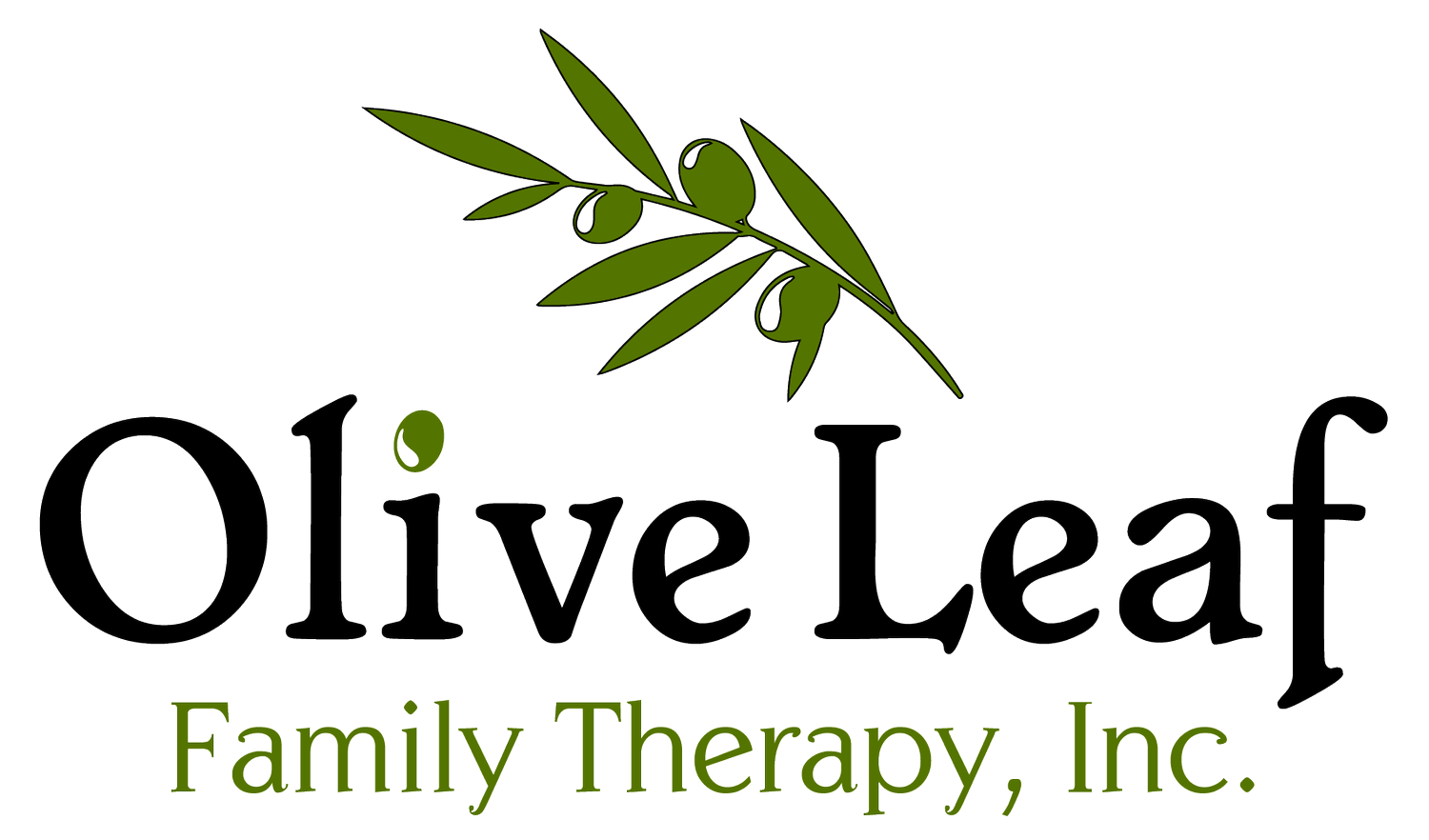How ADHD Can Affect Eating Disorders Treatment
Did you know that ADHD (attention-deficit/hyperactivity disorder) may put you at a higher risk of developing an eating disorder? Research has shown that women with ADHD are four times more likely to struggle with an eating disorder than individuals without ADHD (Roberto, 2022). This may be important to think about if you are an individual who struggles or may struggle with ADHD.
ADHD is characterized by a few key symptoms, one of the most important to note being impulsivity. Impulsivity also plays a large role in eating disorders as well, because our relationship with food may be a way we are impulsively coping with anxiety, depression, or another mental health issue. This overlap may leave you feeling confused as to which issue you would like to address first, but with the help of a mental health professional, you may be able to differentiate between the two.
In addition to seeking support and help from a mental health professional, if you are currently struggling with an eating disorder, it is recommended that you also speak with your physician about the physical aspects of your disorder. Additionally, speaking with a psychiatrist or a psychologist about ADHD may be a beneficial place of support. Medication can be a first line of treatment for ADHD and may also assist with eating disorders. With the help of a full treatment team, it is more likely that all of your needs will be met and addressed.
This all may seem overwhelming, but professionals are here to help you in this daunting process. Our therapists at Olive Leaf Family Therapy can not only assist you with psychotherapy, but we may be able to point you in the right direction for other beneficial resources for either ADHD or an eating disorder. Remember, you are not alone.

